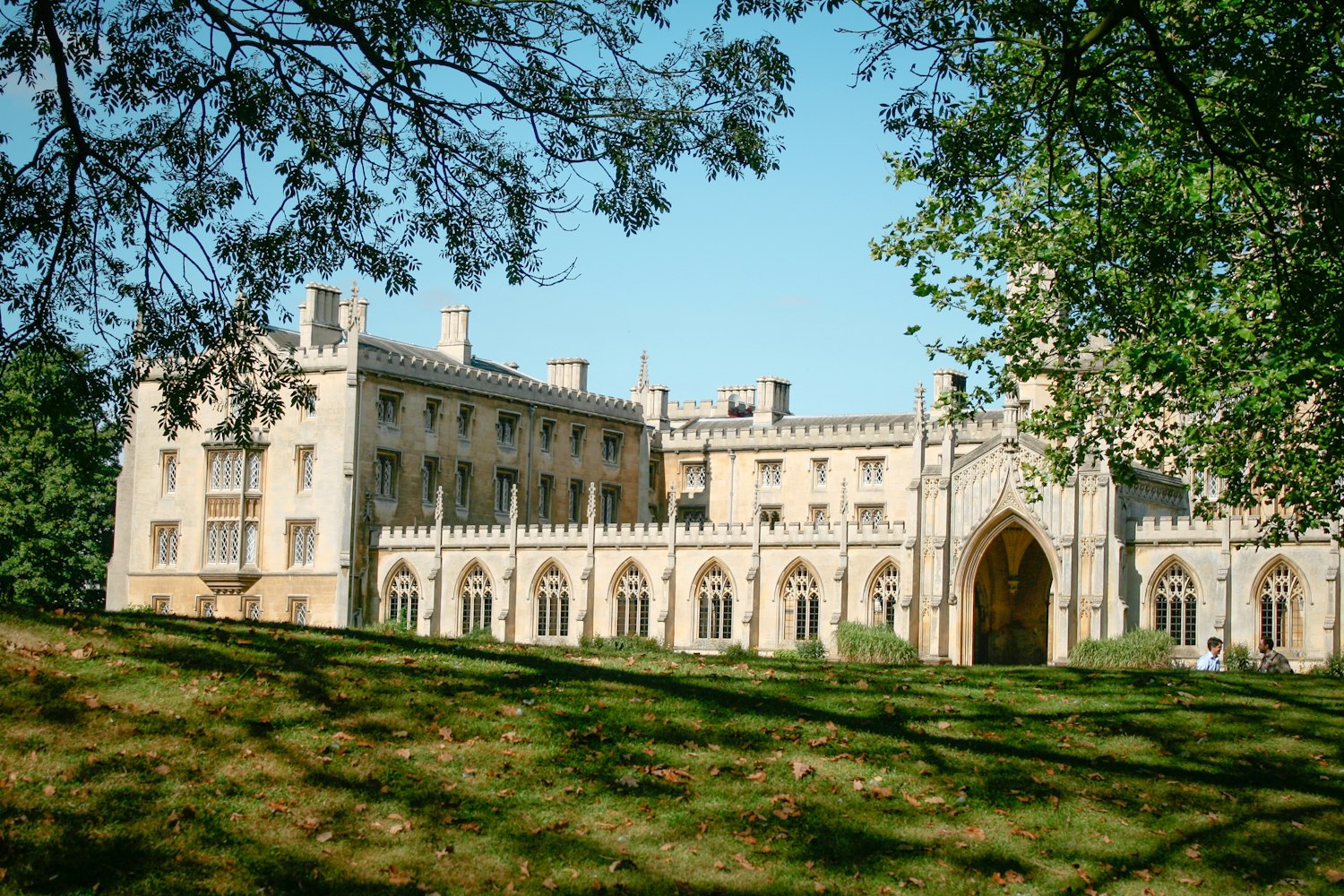The Mathematizen Lab

Exploring Mathematics Education for Social Change
About Our Lab
Our research lab is dedicated to advancing mathematics education with a focus on real-world applications, social justice, and learner empowerment. Rooted in diverse research interests, our work critically examines how mathematics intersects with identity, culture, and citizenship.
We explore how numeracy operates as a social practice—beyond mere numbers and calculations—to shape individuals’ experiences, opportunities, and participation in society.
The Mathematizen Lab
What does ‘mathematizenship’ mean to you?

Words from our research team
“I believe that for an individual to exercise citizenship, there needs to be transparency in institutional information, as well as the ability to interpret this information autonomously, including a basic understanding of mathematical concepts such as proportions, percentages, and economic data. I believe that mathematical knowledge as a tool for exercising citizenship has been neglected. It is of utmost importance to effectively include these skills in educational curriculums, with the aim of enhancing individuals’ capacity to critically exercise citizenship. ”
– Rapheal
“The meaning of mathematizenship is mathematics for citizenship, that is, the mathematics level that a Canadian citizen should obtain for full engagement as a citizen. However, I think it is beyond just everyday life and the basic knowledge one interacts with on a daily basis. Every citizen contributes to the society in their own field of work, one that may or may not be heavily math-based. For an engineer, the level of mathematics may be more advanced than a person who drives a truck, but both would use mathematics in their lines of work. I think mathematizenship is not just about basic math ability that allows people to live in a society but also the critical thinking and learning skills that support them to acquire new math knowledge when necessary.”
— Tongyu
“The teaching of mathematics for worldly endeavours is what I envision mathematizenship to be. Aligned with my own theories and goals, I believe the purpose of mathematics is to ground concepts in real life, giving students a tool to tackle real world issues. Teaching mathematics for citizenship entails uprooting cultural biases, using one’s critical thinking skills to think outside the box, and facing the unknown. However, it is not just about letting go of pure mathematical concepts such as algebra, proofs, and functions, but rather about the intersection of mathematical literacy and formal mathematics. Through mathematizenship, I believe we can find this intersection.”
— Sisi
I believe the ubiquity of mathematics in our daily lives underscores the need for individuals to recognize the intricate connections between mathematical concepts and their practical application. This understanding allows our students to navigate the complexities of real life with efficacy. The significance of mathematics in citizenship extends beyond the mere acquisition of numerical proficiency and fluency, mathematical literacy, and financial literacy. It also encompasses the development of a range of transferable soft skills that hold critical relevance across myriad facets of one’s personal and professional life. In today’s world, characterized by easy access to information and unprecedented global mobility, mathematics education for citizenship has gained even greater importance. It is a domain where the ability to discern patterns, analyze data, and make informed decisions is not only valuable in an individual’s personal life but also indispensable for their contributions to society as a whole.
— Rosalia

